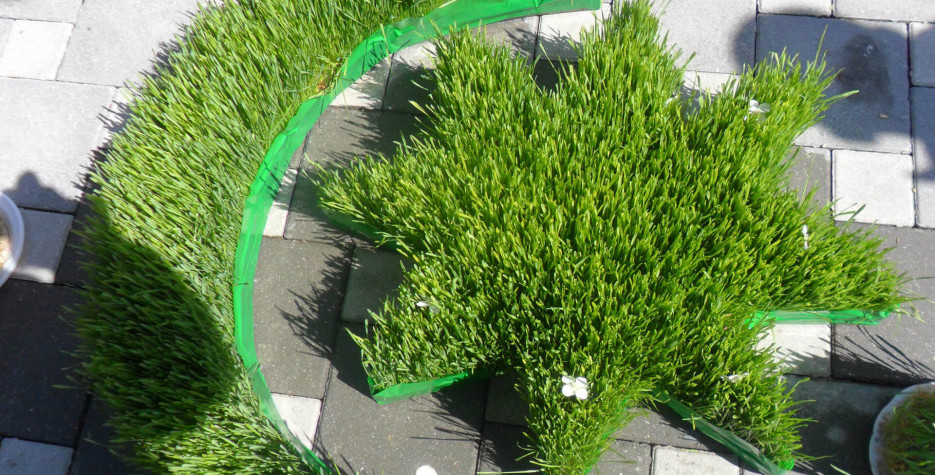Novruz in Azerbaijan
Novruz (Novruz Bayrami) is the most important holiday in Azerbaijan. It celebrates the Persian New Year, and the beginning of Spring. Novruz means 'New Day'.
In accordance with Article 105 of the Labour Code of Azerbaijan passed in 2006, workers receive five days off for Novruz, though Novruz may be extended depending on what day of the week it begins.
When is Novruz?
This is an ancient holiday, which can be traced back 5,000 years to the Sumerians and the Babylonians civilisations. The first records of Novruz as a spring holiday date back to 505 BC.
Novruz begins on either 20th March or 21st March, on the spring equinox, when the days and nights are equal lengths, with days then becoming longer which signifies the arrival of warmer weather.
Novruz (Novruz Bayrami) is the most important holiday in Azerbaijan. It celebrates the Persian New Year, and the beginning of Spring. Novruz means 'New Day'.
In accordance with Article 105 of the Labour Code of Azerbaijan passed in 2006, workers receive five days off for Novruz, though Novruz may be extended depending on what day of the week it begins.
Traditions of Novruz
The build-up to Novruz begins a month before the festival. Each of the four Tuesdays falling before Novruz is dedicated to a different element. First is Water Tuesday (Su Chershenbes), where water, a symbol of purity and renewal, melts from snow and renews nature. Next is Fire Tuesday (Od Chershenbesi) which honours fire as a method rebirth. Then it is Earth Tuesday (Torpaq Chershenbesi) marking the revival of the earth. Finally, it is Wind Tuesday (Hava Chershenbesi) when the wind opens the buds and marks the arrival of Spring.
Each of these Tuesdays has its own khoncha, a large silver or copper tray filled as per the tradition. For instance, on Water Tuesday, the khoncha should be filled with pure drinking water.
Fire worship forms an integral part of the celebrations with fires being lit on the four Tuesdays in the run-up to Novruz. On the last Tuesday, everyone has to jump over the fire as an act of purification.
Like a lot of spring festivals, this idea of purification and starting again is key. Indeed, before Novruz, activities based on renewal like spring cleaning, planting trees, make new clothes and painting eggs are popular.
On the day before Novruz, the graves of relatives are visited and tended, then the whole family will gather around the table to enjoy traditional dishes. The table will be decorated with a khoncha with Samani (wheat that was planted on water Tuesday) placed in the centre and candles and painted eggs representing the number of family members around it. The feast will consist of at least seven dishes.
While Azerbaijan was part of the Soviet Union, the celebration of Novruz was given unofficial status and even prohibited. although during the Soviet period. Since the collapse of the Soviet Union, Novruz has surged in popularity and has now regained its position as the key holiday in Azerbaijan.
On 30 September, 2009, Novruz was included into UNESCO’s List of the Intangible Cultural Heritage. On 23 February 2010, the United Nations declared 21st March as the International Day of Novruz.
According to the UN resolution, Newroz is celebrated "by more than 300 million people worldwide as the beginning of the new year. It has been celebrated for over 3,000 years in the Balkans, the Black Sea Basin, the Caucasus, Central Asia, the Middle East and other regions."


